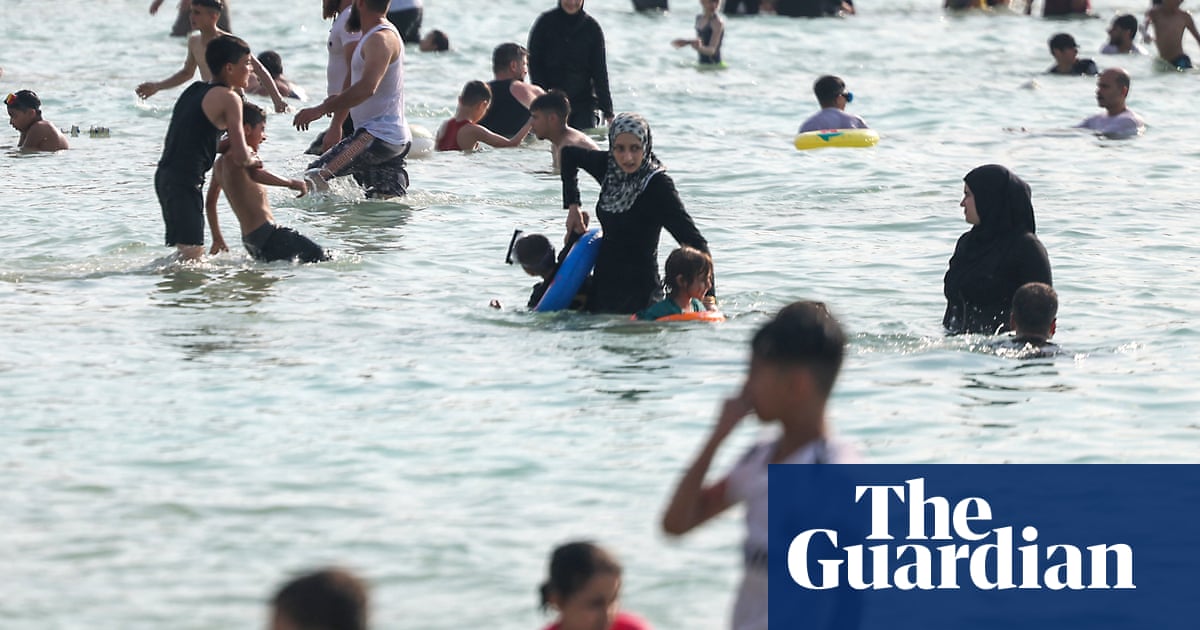Syria’s government has asked women to wear “burkinis” or more modest swimwear while visiting public beaches this summer, although it later clarified there will be no legal consequences for those who wear bikinis.
A government directive on Tuesday asked women to wear a “burkini or swimwear that covers more of the body”, and loose-fitting clothing when out of the water. The decree also asked men not to be shirtless when not swimming.
“Visitors to public beaches and pools, whether tourists or locals, are required to wear appropriate swimwear that takes into account public taste and the sensibilities of various segments of society,” the tourism minister, Mazen al-Salhani, said in a statement.
The guidelines would not apply to luxury resorts, where the decree said “normal western swimwear” was permitted.
The order provoked outrage and accusations that the Islamist-led government was trying to impose its version of morality on Syrians, many of whom, but not all, prefer conservative clothing.
The government was quick to clarify that the directive was merely advice and there would be no legal penalties for those who did not follow them. Instead, the government quickly published a list of beaches where western-style swimwear such as bikinis can be worn and other beaches where burkinis are preferred.
“This does not mean that beaches where modest clothing is preferred that western clothing is prohibited, but that we respect public preferences and cultural, religious and social diversity in Syria,” Ghaith al-Farah, the deputy tourism minister, said in an interview with the Syrian channel Al-Ikhbariyah on Wednesday.
He further said the directives had been published as part of general guidelines for public conduct and safety during the summer, which included advice on not getting sunburnt and avoiding certain fish. The tourism ministry said authorities would only patrol the perimeter of beaches, and it published pictures of beaches with people in bikinis on X on Thursday.
Despite the seeming walking back on the decision, some Syrians worried this indicated a desire from the Syrian government to impose its own standards for women’s dress.
It was the first time the new government had made any decrees on women’s dress since the toppling of the former president Bashar al-Assad in December, and fanned fears among Syria’s religious minorities. Though the Assad regime curtailed most freedoms in Syria, it was fiercely secular and did not control women’s dress.
Maya Saloum, a 24-year-old English teacher from Jaramana, a suburb of Damascus, said: “It’s not their call to make decisions for others and decide what to wear and where to wear it.”
Sara, a 20-year-old student in Damascus using a pseudonym, said: “Neither the government nor anyone else should interfere in such matters. In my view there are far more important issues the country needs to address than interfering with and limiting people’s freedoms.”
She complained that since December she had received verbal harassment for wearing shorts or sleeveless tops in the streets from individuals and some security forces.
Syria’s president, Ahmed al-Sharaa, has previously promised to protect freedoms and religious diversity in Syria and to guarantee women’s rights under his rule.
